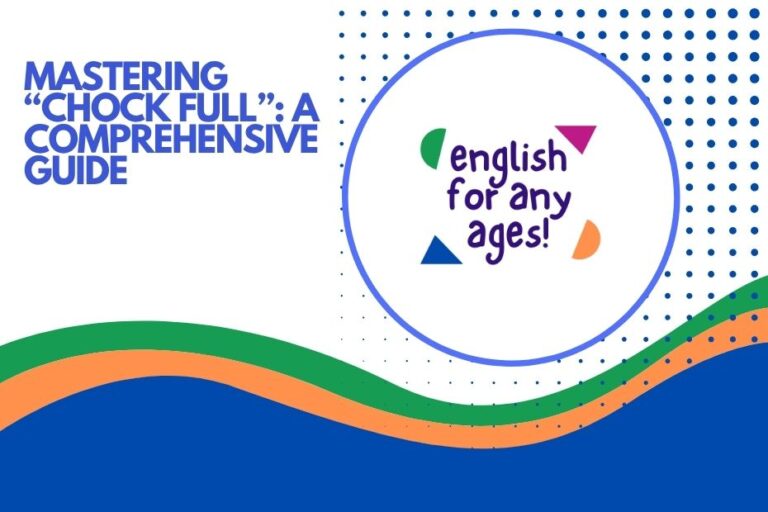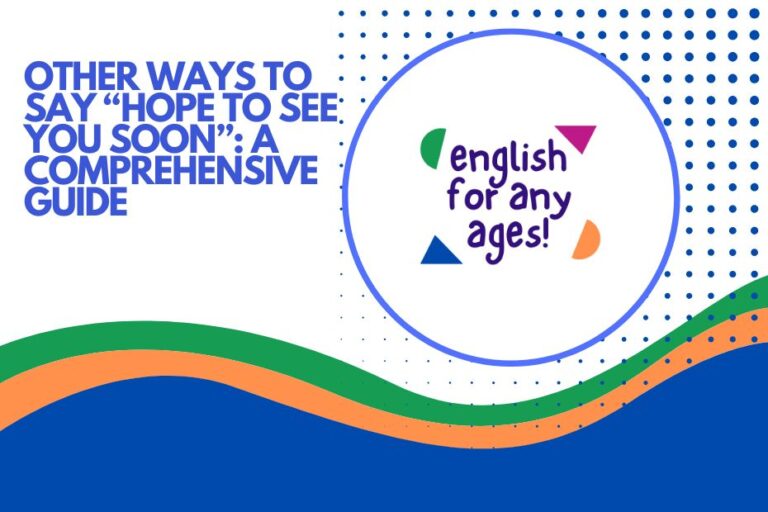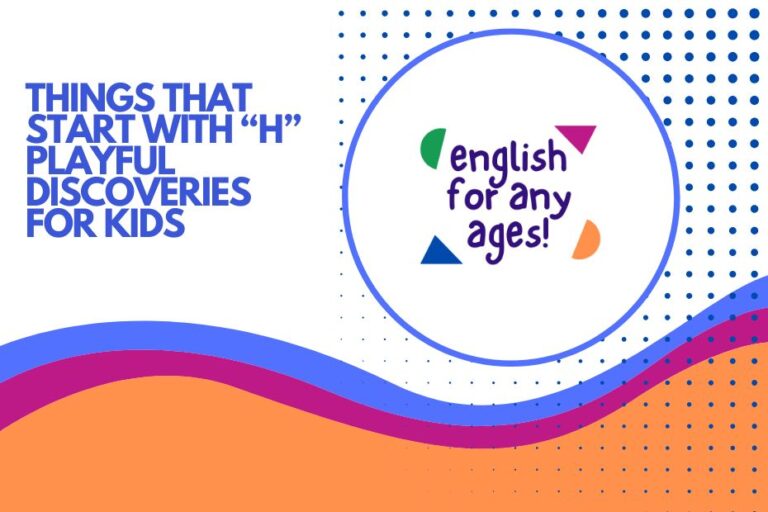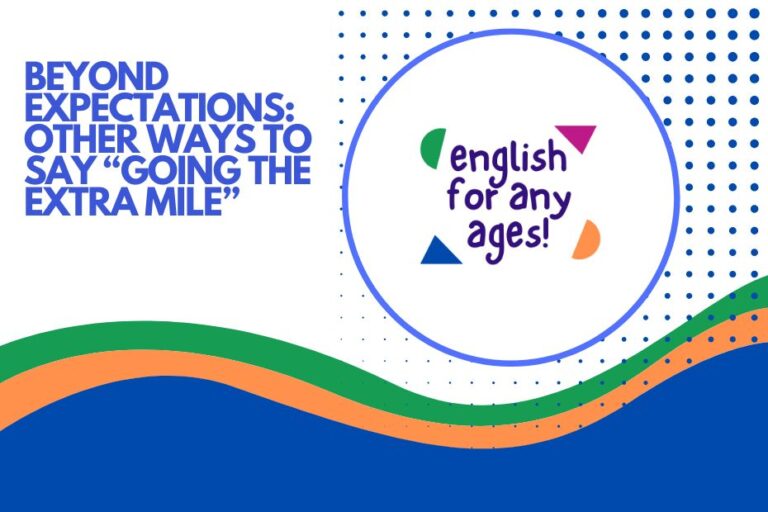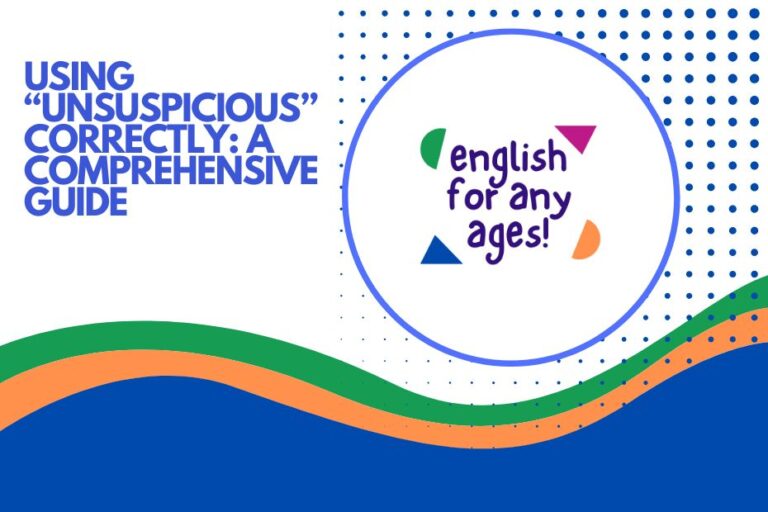Mastering Question Words: A Comprehensive Guide for Kids
Understanding question words is a fundamental step in learning English grammar. These words are the key to unlocking information and engaging in meaningful conversations.
This article provides a comprehensive guide to question words, designed to help kids grasp their usage and importance. By mastering question words, children can improve their communication skills, comprehension abilities, and overall confidence in using the English language.
This guide is beneficial for young learners, ESL students, and anyone seeking to reinforce their understanding of basic English grammar.
Table of Contents
- Introduction
- What are Question Words?
- Structural Breakdown of Questions
- Types of Question Words
- Examples of Question Words in Sentences
- Usage Rules for Question Words
- Common Mistakes with Question Words
- Practice Exercises
- Advanced Topics: Embedded Questions
- Frequently Asked Questions
- Conclusion
Introduction
Learning how to ask questions is a crucial part of mastering any language, and English is no exception. Question words, also known as interrogative words, are the tools we use to gather information.
By understanding and using these words correctly, kids can express their curiosity, seek clarification, and engage in effective communication. This guide will break down each question word, provide clear examples, and offer practice exercises to solidify understanding.
What are Question Words?
Question words, or interrogative words, are used to ask questions. These words help us to seek specific information about people, things, times, places, reasons, manners, choices, and possessions.
In English, question words typically begin with ‘wh-‘ (except for ‘how’) and are placed at the beginning of a sentence. They are essential for forming open-ended questions that require more than a simple “yes” or “no” answer.
Structural Breakdown of Questions
The basic structure of a question using a question word involves placing the question word at the beginning of the sentence, followed by an auxiliary verb (such as be, do, or have), the subject, the main verb, and any additional information. Understanding this structure is key to forming grammatically correct and understandable questions.
Here’s a breakdown of the typical structure:
- Question Word: Who, What, When, Where, Why, How, Which, Whose
- Auxiliary Verb: is, are, was, were, do, does, did, have, has, had, can, will, should, etc.
- Subject: The person or thing performing the action.
- Main Verb: The action being performed.
- Additional Information: Any extra details needed to complete the question.
For example, consider the question “Where are you going?”. “Where” is the question word, “are” is the auxiliary verb, “you” is the subject, and “going” is the main verb.
Types of Question Words
There are several question words in English, each with its own specific use. Let’s explore each one in detail:
Who
“Who” is used to ask about people. It seeks to identify a person or group of people.
It’s used when the answer is expected to be a name or a description of a person.
What
“What” is used to ask about things, ideas, or actions. It seeks to identify an object, concept, or activity.
It’s a very versatile question word with a wide range of applications.
When
“When” is used to ask about time. It seeks to identify a specific point in time, a date, or a duration.
It helps to place events in a temporal context.
Where
“Where” is used to ask about location. It seeks to identify a specific place or position.
It helps to understand the spatial context of events or things.
Why
“Why” is used to ask about reasons. It seeks to understand the cause or explanation behind an event or action.
It delves into the motivations and justifications.
How
“How” is used to ask about the manner or method in which something is done. It seeks to understand the process or way something happens.
It can also be used to ask about condition or quality.
Which
“Which” is used to ask about a choice between options. It seeks to identify one or more items from a limited set of possibilities.
It implies a selection process.
Whose
“Whose” is used to ask about possession. It seeks to identify the owner of something.
It indicates a relationship of ownership or belonging.
Examples of Question Words in Sentences
To further illustrate the usage of each question word, let’s look at some examples in sentences. These examples will help you understand how each word is used in different contexts.
Table 1: Examples Using “Who”
The following table provides multiple examples of questions using the word “Who,” along with possible answers. These examples will help illustrate how “Who” is used to inquire about people.
| Question | Possible Answer |
|---|---|
| Who is your best friend? | My best friend is Sarah. |
| Who painted the Mona Lisa? | Leonardo da Vinci painted the Mona Lisa. |
| Who is the president of the United States? | The president of the United States is Joe Biden. |
| Who is coming to the party? | John and Mary are coming to the party. |
| Who ate my cookies? | I think Tom ate your cookies. |
| Who is teaching the class today? | Ms. Johnson is teaching the class today. |
| Who called me last night? | Your mother called you last night. |
| Who wants to play outside? | I want to play outside! |
| Who is in charge here? | The manager is in charge here. |
| Who knows the answer? | I think I know the answer. |
| Who is knocking at the door? | It’s probably the mailman. |
| Who wrote this book? | J.K. Rowling wrote this book. |
| Who is your favorite singer? | My favorite singer is Taylor Swift. |
| Who will win the game? | I think our team will win the game. |
| Who can help me with this problem? | I can help you with that problem. |
| Who is the tallest person in your family? | My dad is the tallest person in my family. |
| Who is responsible for this mess? | I think I am responsible for this mess. |
| Who is going to the store? | I am going to the store. |
| Who needs help with their homework? | I need help with my homework. |
| Who is the captain of the team? | The captain of the team is Alex. |
| Who invented the light bulb? | Thomas Edison invented the light bulb. |
| Who is the main character in the story? | The main character in the story is Lily. |
| Who is the best player on the team? | Many people think Michael is the best player. |
| Who is singing that song? | That’s my sister singing. |
| Who is coming to dinner tonight? | My grandparents are coming to dinner tonight. |
Table 2: Examples Using “What”
The following table demonstrates the versatility of “What” with a variety of example questions and possible answers. These examples cover different types of information that “What” can be used to inquire about.
| Question | Possible Answer |
|---|---|
| What is your name? | My name is Emily. |
| What is your favorite color? | My favorite color is blue. |
| What are you doing? | I am reading a book. |
| What is the capital of France? | The capital of France is Paris. |
| What time is it? | It is 3 o’clock. |
| What did you eat for breakfast? | I ate cereal for breakfast. |
| What is your favorite animal? | My favorite animal is a dog. |
| What do you want to be when you grow up? | I want to be a doctor when I grow up. |
| What is the weather like today? | The weather is sunny today. |
| What is your favorite game? | My favorite game is soccer. |
| What is the date today? | Today is June 15th. |
| What is your phone number? | My phone number is 555-1234. |
| What kind of music do you like? | I like pop music. |
| What is wrong? | I have a headache. |
| What is your favorite subject in school? | My favorite subject is math. |
| What is the name of this movie? | The name of this movie is “Toy Story.” |
| What are you thinking about? | I am thinking about my vacation. |
| What is the meaning of this word? | The meaning of this word is “happy.” |
| What is your favorite food? | My favorite food is pizza. |
| What is the biggest planet in our solar system? | Jupiter is the biggest planet in our solar system. |
| What is something you are good at? | I am good at drawing. |
| What is the capital of Italy? | The capital of Italy is Rome. |
| What is your favorite holiday? | My favorite holiday is Christmas. |
| What did you do last weekend? | I went to the park last weekend. |
| What is the name of your school? | The name of my school is Green Valley Elementary. |
Table 3: Examples Using “When”
The following table provides examples of questions using “When” to inquire about time-related information. These examples include different types of time references, such as dates, days, and specific times.
| Question | Possible Answer |
|---|---|
| When is your birthday? | My birthday is on July 10th. |
| When does school start? | School starts at 8:00 AM. |
| When will we eat dinner? | We will eat dinner at 6:00 PM. |
| When did you arrive? | I arrived yesterday. |
| When is the party? | The party is on Saturday. |
| When does the movie start? | The movie starts in 15 minutes. |
| When are you going on vacation? | I am going on vacation next week. |
| When did dinosaurs live? | Dinosaurs lived millions of years ago. |
| When will you finish your homework? | I will finish my homework in an hour. |
| When is the next holiday? | The next holiday is Thanksgiving. |
| When do we have recess? | We have recess at 10:30 AM. |
| When did you learn to ride a bike? | I learned to ride a bike when I was five years old. |
| When will the bus arrive? | The bus will arrive soon. |
| When are you free to meet? | I am free to meet on Tuesday afternoon. |
| When did you last see your friend? | I last saw my friend last weekend. |
| When does summer start? | Summer starts in June. |
| When will you visit your grandparents? | I will visit my grandparents next month. |
| When is the deadline for the project? | The deadline for the project is Friday. |
| When did you get your pet? | I got my pet last year. |
| When are you going to bed? | I am going to bed at 9 PM. |
| When was the telephone invented? | The telephone was invented in 1876. |
| When did you start learning English? | I started learning English two years ago. |
| When are we going to the zoo? | We are going to the zoo tomorrow. |
| When did you move to this city? | I moved to this city five years ago. |
| When is the school play? | The school play is next week. |
Table 4: Examples Using “Where”
The following table provides examples of questions using “Where” to ask about location. These examples cover different types of places, from specific addresses to general areas.
| Question | Possible Answer |
|---|---|
| Where do you live? | I live in New York City. |
| Where is the library? | The library is on Main Street. |
| Where are you going? | I am going to the park. |
| Where is my book? | Your book is on the table. |
| Where did you find this? | I found this in the garden. |
| Where is the bathroom? | The bathroom is down the hall. |
| Where are my shoes? | Your shoes are under the bed. |
| Where is the Eiffel Tower? | The Eiffel Tower is in Paris. |
| Where do you go to school? | I go to school at Green Valley Elementary. |
| Where is the North Pole? | The North Pole is at the top of the world. |
| Where is the nearest hospital? | The nearest hospital is two blocks away. |
| Where can I buy groceries? | You can buy groceries at the supermarket. |
| Where are the children playing? | The children are playing in the backyard. |
| Where did you spend your vacation? | I spent my vacation at the beach. |
| Where can I find a taxi? | You can find a taxi at the taxi stand. |
| Where did you learn to speak English? | I learned to speak English in school. |
| Where is the capital of Canada? | The capital of Canada is Ottawa. |
| Where can I park my car? | You can park your car in the parking lot. |
| Where did you meet your best friend? | I met my best friend in kindergarten. |
| Where do you want to go for dinner? | I want to go to the Italian restaurant for dinner. |
| Where are you hiding? | I am hiding behind the curtain. |
| Where is the treasure buried? | The treasure is buried on the island. |
| Where do birds build their nests? | Birds build their nests in trees. |
| Where did you get that shirt? | I got that shirt at the mall. |
| Where is the post office? | The post office is across the street. |
Table 5: Examples Using “Why”
The following table provides examples of how to use “Why” to ask about reasons or explanations. These examples cover a range of scenarios and motivations behind actions or events.
| Question | Possible Answer |
|---|---|
| Why are you sad? | I am sad because I lost my toy. |
| Why is the sky blue? | The sky is blue because of the way sunlight scatters. |
| Why are you laughing? | I am laughing because the joke was funny. |
| Why are you studying English? | I am studying English to improve my communication skills. |
| Why is it raining? | It is raining because the clouds are full of water. |
| Why are you late? | I am late because the bus was delayed. |
| Why do we need to sleep? | We need to sleep to rest and recharge our bodies. |
| Why are you wearing a coat? | I am wearing a coat because it is cold outside. |
| Why do birds fly south in the winter? | Birds fly south in the winter to find food. |
| Why is the grass green? | The grass is green because of chlorophyll. |
| Why do we celebrate birthdays? | We celebrate birthdays to mark another year of life. |
| Why do you like pizza? | I like pizza because it tastes delicious. |
| Why are you happy? | I am happy because I got a good grade. |
| Why do we need to brush our teeth? | We need to brush our teeth to prevent cavities. |
| Why do you want to be a doctor? | I want to be a doctor to help people feel better. |
| Why do you like to read books? | I like to read books because they are interesting. |
| Why are you going to the store? | I am going to the store to buy milk. |
| Why do we need to drink water? | We need to drink water to stay hydrated. |
| Why are you learning to play the piano? | I am learning to play the piano because I love music. |
| Why do you exercise? | I exercise to stay healthy. |
| Why is the ocean salty? | The ocean is salty because of the minerals washed from the land. |
| Why are you wearing sunglasses? | I am wearing sunglasses because the sun is bright. |
| Why do leaves change color in the fall? | Leaves change color in the fall because of chemical changes. |
| Why is it important to recycle? | It is important to recycle to protect the environment. |
| Why do we need to wear seatbelts? | We need to wear seatbelts to stay safe in the car. |
Usage Rules for Question Words
Using question words correctly involves following certain rules. Here are some key guidelines to keep in mind:
- Placement: Question words usually come at the beginning of a question.
- Auxiliary Verbs: Use auxiliary verbs (be, do, have) to form questions. For example: “What do you want?“
- Subject-Verb Agreement: Ensure the verb agrees with the subject. For example: “Who is coming?” (singular) vs. “Who are coming?” (plural).
- Word Order: Follow the correct word order: Question word + auxiliary verb + subject + main verb.
- Prepositions: Prepositions can sometimes come at the end of a question, especially in informal speech. For example: “Where are you from?“
Common Mistakes with Question Words
Even with a good understanding of question words, mistakes can happen. Here are some common errors to watch out for:
- Incorrect Word Order: Incorrect: “You are doing what?” Correct: “What are you doing?”
- Missing Auxiliary Verb: Incorrect: “What you want?” Correct: “What do you want?”
- Wrong Question Word: Incorrect: “Where is your favorite color?” Correct: “What is your favorite color?”
- Subject-Verb Disagreement: Incorrect: “Who are going to the party?” (when referring to one person) Correct: “Who is going to the party?”
Table 6: Correct vs. Incorrect Examples
This table provides a clear comparison between common mistakes made with question words and their corrected versions, highlighting the importance of correct word order and auxiliary verb usage.
| Incorrect | Correct | Explanation |
|---|---|---|
| You are doing what? | What are you doing? | Incorrect word order. The question word should come first. |
| What you want? | What do you want? | Missing auxiliary verb “do.” |
| Where is your favorite color? | What is your favorite color? | Using the wrong question word. “What” is used for things, not places. |
| Who are going to the party? (one person) | Who is going to the party? | Subject-verb disagreement. “Who” refers to a singular person. |
| Why you are sad? | Why are you sad? | Missing auxiliary verb and incorrect word order. |
| When the movie starts? | When does the movie start? | Missing auxiliary verb “does.” |
| How old you are? | How old are you? | Incorrect word order. |
| Whose is that book? | Whose book is that? / Who does that book belong to? | “Whose” should be followed directly by the noun it modifies. |
| Which you like best? | Which do you like best? | Missing auxiliary verb “do.” |
| Where you from? | Where are you from? | Missing auxiliary verb “are.” |
Practice Exercises
Now it’s time to put your knowledge to the test! Complete the following exercises to reinforce your understanding of question words.
Exercise 1: Fill in the Blanks
Complete the following sentences with the appropriate question word (who, what, when, where, why, how, which, whose).
Table 7: Practice Exercise 1
| Question | Answer |
|---|---|
| _____ is your teacher? | My teacher is Mr. Smith. |
| _____ is your favorite food? | My favorite food is pizza. |
| _____ does the movie start? | The movie starts at 7 PM. |
| _____ do you live? | I live in London. |
| _____ are you sad? | I am sad because I lost my toy. |
| _____ do you go to school? | I go to school by bus. |
| _____ color do you prefer, red or blue? | I prefer blue. |
| _____ book is this? | This is Sarah’s book. |
| _____ old are you? | I am ten years old. |
| _____ is the capital of Spain? | The capital of Spain is Madrid. |
Answer Key for Exercise 1:
- Who
- What
- When
- Where
- Why
- How
- Which
- Whose
- How
- What
Exercise 2: Choose the Correct Question Word
Select the correct question word from the options provided to complete each sentence.
Table 8: Practice Exercise 2
| Question | Options | Answer |
|---|---|---|
| _____ is your favorite sport? | (a) Who (b) What (c) Where | |
| _____ are you going to the store? | (a) When (b) Why (c) Where | |
| _____ is your best friend? | (a) What (b) Who (c) How | |
| _____ does the class begin? | (a) When (b) Where (c) What | |
| _____ is the library located? | (a) Why (b) What (c) Where | |
| _____ do you feel today? | (a) How (b) Who (c) What | |
| _____ is the tallest building in the world? | (a) What (b) Where (c) How | |
| _____ are you laughing? | (a) Why (b) When (c) Where | |
| _____ is ringing the doorbell? | (a) What (b) Who (c) Where | |
| _____ flavor of ice cream do you want? | (a) Which (b) Who (c) What |
Answer Key for Exercise 2:
- (b) What
- (b) Why
- (b) Who
- (a) When
- (c) Where
- (a) How
- (a) What
- (a) Why
- (b) Who
- (a) Which
Advanced Topics: Embedded Questions
For more advanced learners, understanding embedded questions is crucial. Embedded questions are questions that are included within a statement or another question.
They often use the same question words but have a different structure.
For example, instead of asking “Where is the library?”, you might say “I don’t know where the library is.” Notice that in the embedded question, the word order is not the same as in a direct question. The auxiliary verb does not come before the subject.
Here are some more examples:
- Direct Question: “What is your name?” Embedded Question: “Can you tell me what your name is?”
- Direct Question: “When will the bus arrive?” Embedded Question: “I wonder when the bus will arrive.”
- Direct Question: “Why are you sad?” Embedded Question: “She asked me why I was sad.”
Frequently Asked Questions
Here are some frequently asked questions about question words:
- What is the difference between “what” and “which”?
“What” is used when there are many possibilities, while “which” is used when there is a limited set of choices. For example, “What is your favorite color?” vs. “Which color do you prefer, red or blue?”
- How do I know when to use “who” vs. “whose”?
“Who” is used to ask about people, while “whose” is used to ask about possession. For example, “Who is coming to the party?” vs. “Whose book is this?”
- Can I end a sentence with a preposition when using a question word?
Yes, in informal speech, it is common to end a sentence with a preposition. For example, “Where are you from?” is perfectly acceptable.
- Why is “how” considered a question word if it doesn’t start with “wh-“?
“How” is considered a question word because it functions the same way as other question words, seeking specific information and initiating a question.
- What is the correct word order for questions with question words?
The correct word order is usually: Question word + auxiliary verb + subject + main verb. For example, “What are you doing?”
- How can I improve my understanding of question words?
Practice using question words in different contexts, read English books and articles, and listen to English conversations. Pay attention to how native speakers use question words.
- Are question words always at the beginning of a sentence?
Yes, in most standard questions, the question word is placed at the beginning of the sentence. However, in embedded questions (questions within a statement), the word order can change.
- What are auxiliary verbs and why are they important in questions?
Auxiliary verbs (like be, do, have) help to form questions and indicate tense. They are essential for grammatically correct questions. For example, “Do you like ice cream?” uses “do” as an auxiliary verb.
Conclusion
Mastering question words is a vital step in becoming proficient in English. By understanding the different types of question words, their usage rules, and common mistakes to avoid, kids can significantly improve their communication skills.
Remember to practice regularly, pay attention to how native speakers use these words, and don’t be afraid to ask questions yourself! With consistent effort, you’ll become a question-asking expert in no time.

